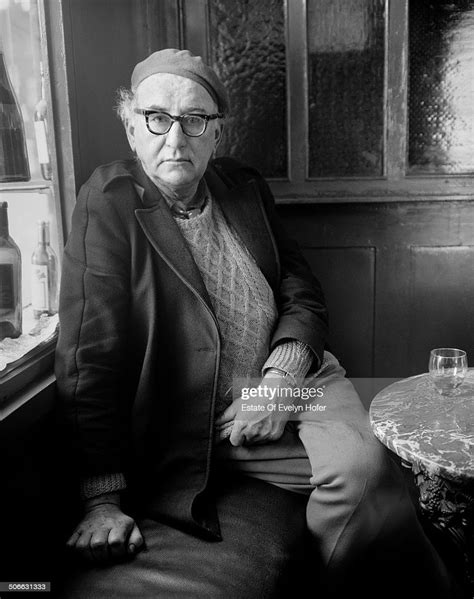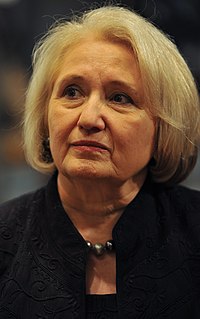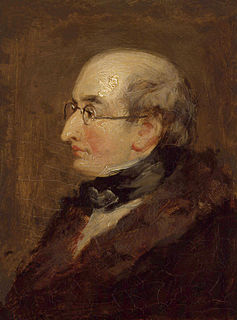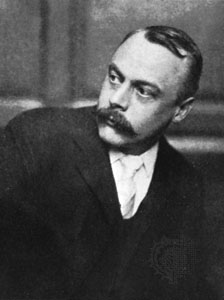A Quote by Patrick Kavanagh
In the country places of Ireland, writing is held in certain awe: a writer was a dangerous man from whom they instinctively recoiled.
Related Quotes
Ideas are dangerous, but the man to whom they are least dangerous is the man of ideas. He is acquainted with ideas, and moves among them like a lion-tamer. Ideas are dangerous, but the man to whom they are most dangerous is the man of no ideas. The man of no ideas will find the first idea fly to his head like wine to the head of a teetotaller.
When the Irishman is found outside of Ireland in another environment, he very often becomes a respected man. The economic and intellectual conditions that prevail in his own country do not permit the development of individuality. No one who has any self-respect stays in Ireland, but flees afar as though from a country that has undergone the visitation of an angered Jove.
If a writer of prose knows enough about what he is writing about he may omit things that he knows and the reader, if the writer is writing truly enough, will have a feeling of those things as strongly as though the writer had stated them. The dignity of movement of an iceberg is due to only one-eighth of it being above water. A writer who omits things because he does not know them only makes hollow places in his writing.
As a gay man, there are certain places that I avoid. When I go to China, I lie and pretend I'm not married, which is really sad - I leave my ring at home. But I'm not willing to risk my safety in a country that could cause me no end of problems or where it's illegal to be gay. I'm very aware of the places I can travel to safely and where I cannot.
And what is an authentic madman? It is a man who preferred to become mad, in the socially accepted sense of the word, rather than forfeit a certain superior idea of human honor. So society has strangled in its asylums all those it wanted to get rid of or protect itself from, because they refused to become its accomplices in certain great nastinesses. For a madman is also a man whom society did not want to hear and whom it wanted to prevent from uttering certain intolerable truths.
Then suddenly the Mole felt a great Awe fall upon him, an awe that turned his muscles to water, bowed his head, and rooted his feet to the ground. It was no panic terror - indeed he felt wonderfully at peace and happy - but it was an awe that smote and held him and, without seeing, he knew it could only mean that some august presence was very, very near.
The world looks with some awe upon a man who appears unconcernedly indifferent to home, money, comfort, rank, or even power and fame. The world feels not without a certain apprehension, that here is someone outside its jurisdiction; someone before whom its allurements may be spread in vain; some one strangely enfranchised, untamed, untrammelled by convention, moving independent of the ordinary currents of human action.
I say "on principle" [regarding 'lesbian writer'] because whenever you get one of your minority labels applied, like "Irish Writer," "Canadian Writer," "Woman Writer," "Lesbian Writer" - any of those categories - you always slightly wince because you're afraid that people will think that means you're only going to write about Canada or Ireland, you know.
The need to express oneself in writing springs from a mal-adjustment to life, or from an inner conflict which the adolescent (or the grown man) cannot resolve in action. Those to whom action comes as easily as breathing rarely feel the need to break loose from the real, to rise above, and describe it... I do not mean that it is enough to be maladjusted to become a great writer, but writing is, for some, a method of resolving a conflict, provided they have the necessary talent.





































